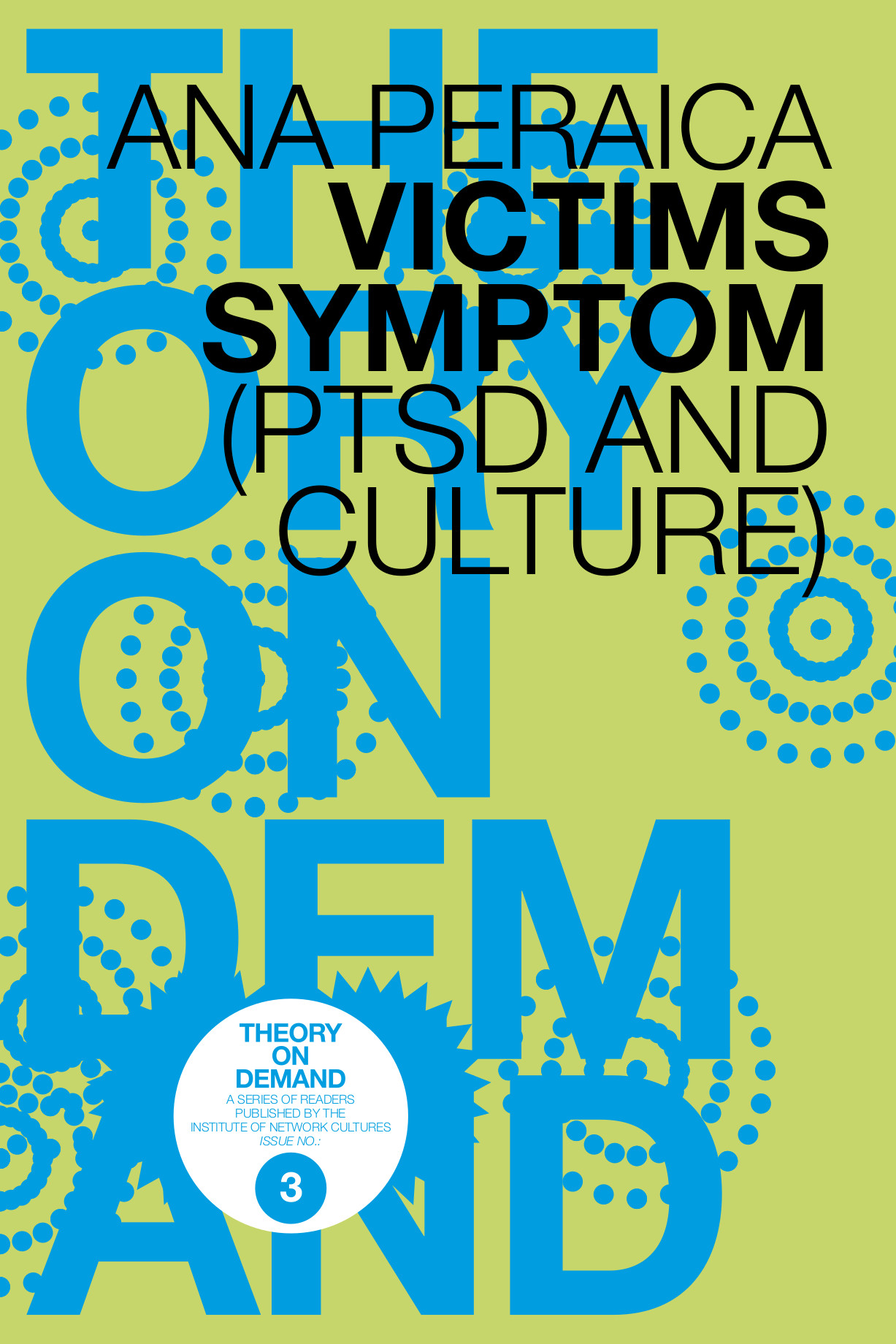Artur-Axel Wandtke (ed.): Medienrecht: Praxishandbuch (2008) [German]
Filed under book | Tags: · copyright, intellectual property, law, media

Dem “Medienrecht” als Gestaltungsmittel in den Informations- und Kommunikationsprozessen kommt in der praktischen Unternehmenskultur und in der Rechtsdurchsetzung eine immer größer werdende Bedeutung zu. Wirtschaftlich gewinnen die rechtlichen Rahmenbedingungen der Informations- und Kommunikationsprozesse in der geistigen Produktion und deren Verwertungsbedingungen immer mehr an Gewicht. Werbemaßnahmen, Merchandising, Public Relations, kommerzialisierte Persönlichkeitsrechte, Telemedien, Online-Nutzung, Presseprodukte, Film- und Fernsehwerke und andere Erscheinungsformen stehen stellvertretend für eine Individual- und Massenkommunikation, die im herkömmlichen und virtuellen Markt eine entscheidende Rolle spielen.
Mit diesem Handbuch wird auf wissenschaftlicher Grundlage eine Gesamtdarstellung vor allem der privatrechtlichen Medienprozesse vorgelegt, die im Zusammenhang mit der Produktion und Vermarktung bzw. Nutzung von Zeichen, Bildern, Tönen und anderen Informationen (Medienprodukten) entstehen. Dabei werden auch die europarechtlichen Aspekte der Entwicklung des Medienrechts dargestellt.
Publisher Walter de Gruyter, 2008
ISBN 3899494229, 9783899494228
Length 1932 pages
Palo Fabuš: Laschova teorie narcistní kultury jako inspirace pro mediální studia (2009) [Czech]
Filed under thesis | Tags: · audience, communication, media, media studies, narcissism, postmodernity, psychoanalysis, self, survivalism, theory
Práce se pokouší představit teorii narcistní kultury amerického historika Christophera Lasche jakožto inspiraci pro mediální studia. Činí tak analýzou vybraných mediálních teorií autorů Jeana Baudrillarda, Joshuy Meyrowitze, Neila Postmana a dvojice Brian Longhurst a Nicholas Abercrombie. Malá pozornost, kterou tyto teorie venují roli mediálního publika je zde interpretována jako bílé místo, které by Laschova teorie mohla zaplnit modelem narcistní osobnostní struktury.
Lasch ve své historické studii kulturních proměn ve 20. století vychází z rozpadu rodiny způsobeného psychologizací společnosti, vlivem reklamy a nástupem byrokratického paternalismu, který nahradil původně rodičovské funkce. Rodí se tak narcistní osobnost vyznačující se vnitřním psychologickým motorem sebe-nenávist a nutkavou potrebou obklopovat se iluzemi všemohoucnosti, která se projevuje vyhledáváním spektáklu a stažením se do sebe. Inspirativnost této teorie pro mediální studia je tak představena v podobe užitečného modelu pro analýzu médií v paradigmatu aktivních publik.
Klíčová slova: narcismus, Lasch, postmodernita, média, komunikace, Já, survivalismus, psychoanalýza.
Diplomová práce
Masarykova Univerzita, Fakulta sociálních studií
Vedoucí práce: prof. PhDr. Jiří Pavelka, CSc.
Brno: FSS MU, 2009
Lasch’s narcissism culture theory as an inspiration for media studies
The thesis aims to introduce the narcissism culture theory of american historian Christopher Lasch as an inspiration for media studies. It does so by analysing selected media theories of Jean Baudrillard, Joshua Meyrowitz, Neil Postman and Brian Longhurst with Nicholas Abercrombie. Little attention these theories draw to the role of media audience is interpreted here as a gap, which could be potentially filled by Lasch’s theory with its model of narcissistic character.
In his historical study of culture changes in 20th century Lasch starts from the dissolution of family inflicted by psychologization of society, influence of advertising and emergence of bureaucratic paternalism substituting rearing function of parents. Through these processes comes birth of narcissistic personality, which can be distinguished by inner psychological drive of self-hate and compulsive need to surround him- or herself with illusion of omnipotence manifested through seeking out of spectacle and drawing within. The inspirative potential of the theory is thus introduced in a form of a useful model for a media analysis within the active audience paradigm.
Ana Peraica (ed.): Victims Symptom: PTSD and Culture (2009)
Filed under book | Tags: · media, memorial, memory, therapy, trauma, war

“Victims’ Symptom is a collection of interviews, essays, artists’ statements and glossary definitions, which was originally launched as a Web project (http://victims.labforculture.org). Produced in 2007, the project brought together cases related to past and current sites of conflict such as Srebrenica, Palestine, and Kosovo reporting from different (and sometimes conflicting) international viewpoints. The Victims Symptom Reader collects critical concepts in media victimology and addresses the representation of victims in economies of war.”
With texts by Sezgin Boynik, Adila Laidi Hanieh, Geert Lovink, Ana Peraica, and Stevan Vuković. Interviews by Ana Peraica (with Enrique Arroyo, Noam Chomsky, Agricola da Cologne, Anur Hadžiomerspahic, Joseph de Lappe) and Marko Stamenkovic (with Peter Fuchs, Jonas Staal, Carlos Motta, Neery Melkonian and Tomas Tomlinas). Artists’ statements by Mauricio Arango, Alejandro Duque, Andreja Kuluncic, Marko Peljhan, and
Martha Rosler. Glossary by Tihana Jendricko and Tina Peraica.
Publisher Institute of Network Cultures, Amsterdam, 2009
Theory on Demand series, 3
Creative Commons BY-NC-ND 3.0 Netherlands License
ISBN 9789078146117
PDF (updated on 2018-7-26)
Comment (0)
